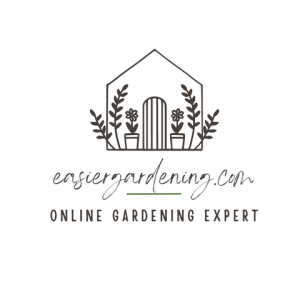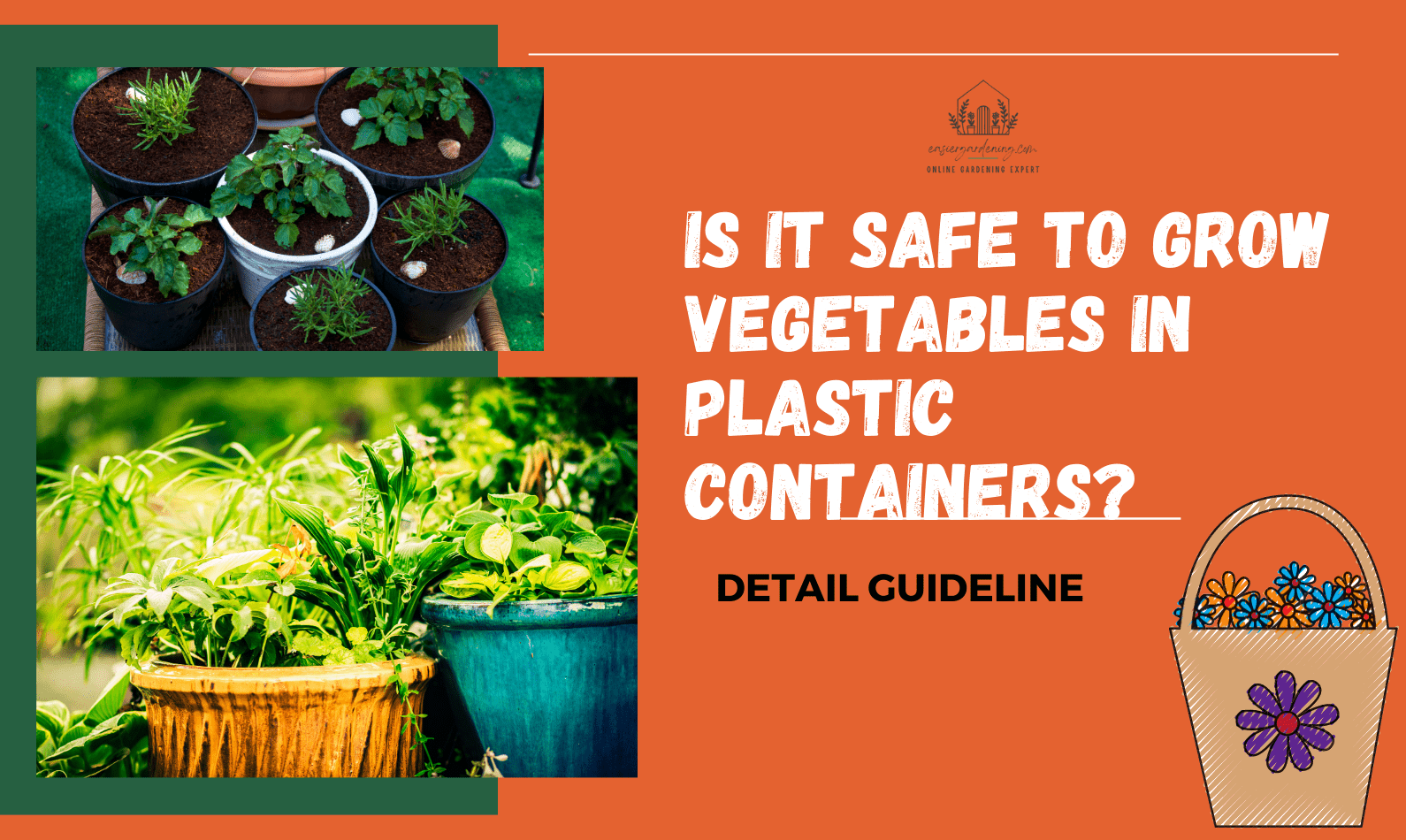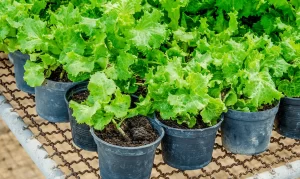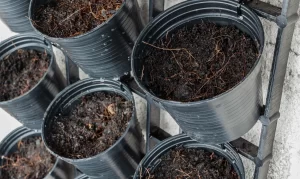Is It Safe to Grow Vegetables in Plastic Containers? Detail Guideline: As the population density increases, not everyone has the opportunity to obtain a home garden but may still desire to grow their food. Container gardening is the solution. Container gardening is popular because of its lightweight & portable plastic containers. However, we hear more and more about the relationship between the safety of plastics and our health.
The phenomenon of using plastic containers to grow food is in the ascendant, but is it safe to grow vegetables in plastic containers? It is pretty usual to have this question on your mind when you opt to start container gardening.
Contents
- Can Plants Be Grown in Plastic Pots?
- Is It Safe to Grow Vegetables in Plastic Containers
- Use Plastics That Do Not Contain Potentially Harmful Chemicals
- Make Sure That Your Plastic Container is Not Overheated
- Use Pot Soil with a High Proportion of Organic Matter
- Final Thought: Is It Safe to Grow Vegetables in Plastic Containers?
Can Plants Be Grown in Plastic Pots?
You might have the question in mind “Is growing in plastic containers organic?” The simple answer to this question is, of course, yes. Plants can be grown in plastic containers safely. Durability, lightness, flexibility, and strength are advantages of growing plants in plastic containers. Plastic pots and containers are a good choice for plants like moisture or those of us who water from time to time. They come in various rainbow colors and are usually made of inert materials, usually recycled materials.
However, this is not always the case. Recently, with people’s attention to plastics containing bisphenol A (BPA), many people wonder whether plants and plastics are a safe combination. There are many different opinions on the use of plastics in food cultivation. Most commercial gardeners use plastic in some form to grow plants.
There are plastic pipes for watering plants and greenhouses, plastic for covering plants, plastic for crops between rows, plastic mulch, and even plastic for growing organic food. Although this has not been confirmed or denied, scientists agree that bisphenol A is a relatively large molecule compared to the ions absorbed by plants, so it is unlikely to enter the plant itself through the root’s cell wall.
Expert Tips: Biodegradable plastic is good for the environment because it decomposes and disappears over time. But please remember that anything decomposed will be transformed into other chemicals. It is always essential to understand which chemicals are produced in the process. They may be more toxic than the original plastic.
Is It Safe to Grow Vegetables in Plastic Containers
You can grow in plastic and still get organic certification. It seems like a contradiction. There is nothing wrong with growing in soil containing plastic chemicals and using synthetic fertilizers with the same nutrients as organic sources. Even plastic covering is safe to use.
Learn more about How to grow Chayote in a Container
Scientifically speaking, it is safe to use plastic for gardening, but if you still have the concern that “is it safe to grow vegetables in plastic containers,” there are things you can do to ensure that you use plastic safely. That means you have to learn the proper way how to grow plants in plastic containers.
-
Use Plastics That Do Not Contain Potentially Harmful Chemicals
All plastic containers sold have a recycling code, making it easy to know which plastic is the safest to use in homes and gardens. Look for plastic containers labeled 1, 2, 4, or 5. Growing vegetables in plastic tubs with food-grade seals are entirely safe to use.
In most cases, many of your plastic pots and garden containers will be labeled with the number 5, but recent advances in plastic products mean that there may be other plastic containers with recycling codes. Suppose you want to reuse plastic containers from other products. In that case, it is essential to pay attention to the recycling code because these products may be produced with various recycling codes.
Expert Tips: Some types of plastics have been classified as food safe. These are No. 1, No. 2, No. 4, and No. 5. These plastics are classified as safe plastics because the chemicals they release are either not very toxic or not toxic at all. If they are safe for food storage, they should be safe for food cultivation.
-
Make Sure That Your Plastic Container is Not Overheated
Especially when the plastic is heated, it will release potentially harmful chemicals like bisphenol A, so keep the plastic cool to reduce the risk of chemical release. Keep plastic containers away from intense light, and choose light-colored containers as much as possible.
-
Use Pot Soil with a High Proportion of Organic Matter
Potting soil that contains a lot of organic matter maintains flexibility and keeps plants healthy, and acts as a filter system to help capture and collect chemicals and reduce the number of chemicals that reach the roots.
Expert Tips: Plastics release chemicals into the soil, which plants absorb. Most of these chemicals have very little content and are considered safe.
Read more about How to Tell If Cut Butternut Squash Is Bad?
Final Thought: Is It Safe to Grow Vegetables in Plastic Containers?
If you are not still convinced with the answer to “is it safe to grow vegetables in plastic containers,” you can always choose not to use plastic in the garden. You can use more traditional clay and ceramic containers, recycle glass and paper containers at home or choose newer fabric containers. In summary, most scientists and professional gardeners agree that it is safe to grow in plastic. But it is your personal choice & you should feel comfortable growing in plastic.
Expert Tips: Plastic containers for growing vegetables are entirely safe, provided that you use plastic with a food-grade seal.



